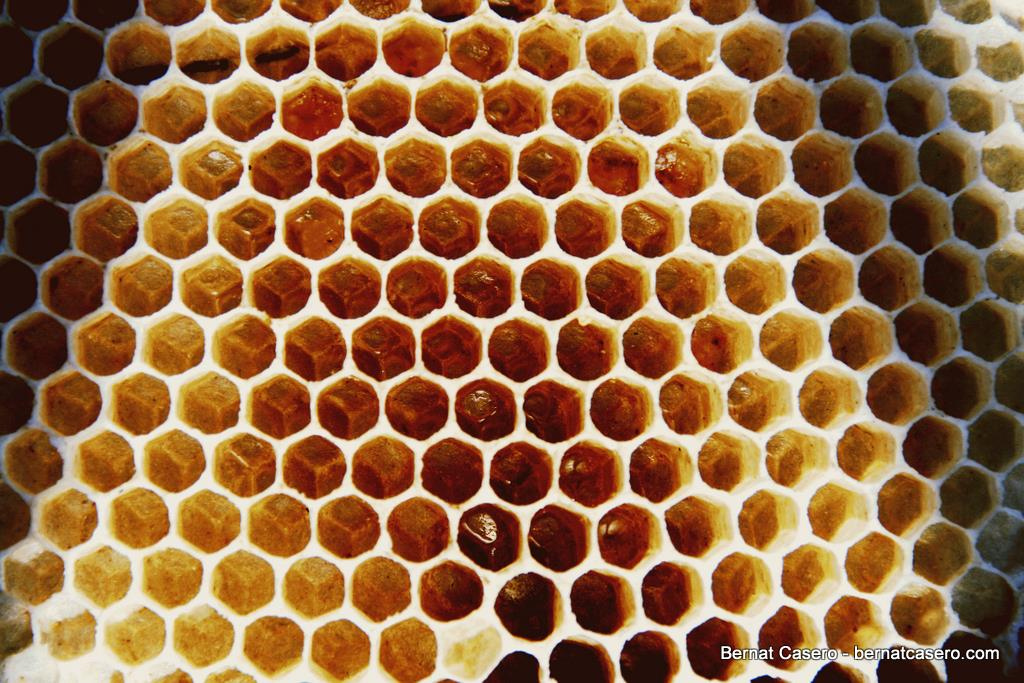by Kevin Shi

{source: benat…} |
Imagine a beehive.
Begin with the queen. She sits, bloated and sore, in the center of the hive, watching her children, a matriarch both ruling over and subjugated by her family. Around her the swarm revolves. She births larva daily. Seven out of eight bees are female. They are soldiers, workers, nurses, scouts. They gather food for the hive and care for the young. They execute robbers. Their responsibilities are enormous; everyday the females must labor to preserve their family.
The eighth bee, the male, is born genetically incomplete. He lives, he mates, he dies. His body is swept away. The queen births again. When the workers must make a choice on whom to save when the hive is in danger, the order goes as follows: their queen, their sisters, their food, their hive, their brothers. Those who are not dead already by late autumn are rejected from the hive, to die in the cold of the winter.
Imagine one gender that works day and night, indefatigable, tireless. Imagine members of one gender giving their whole lives to labor just to survive.
Then imagine one gender suppressed, objectified, devalued. Imagine one gender used, then discarded.
Imagine us.
In developing countries like Niger, women are victims of forced marriage, violence, and sex trafficking. The burden placed on women is enormous. Everyday, mothers must walk miles just to give their children something to drink, massive amounts of effort expended on such a basic human necessity when school books remain untouched and pockets remain empty.
|
{photo by Gil Garcetti} |
It’s strange to think of women as both the worker and the drone. Conferred upon them are all the responsibilities of the female bee, and at the same time all the disadvantages of the male. Endless labor that begets endless subjugation: this is no way to live. Drought has come again to Niger as winter comes to bees. There is no doubt as to who shall suffer first.
Compared to Niger, the United States seems almost paradise, but the same problems exist here. Barely 3% of Fortune 500 CEOs are female. Men outnumber women in the Senate four to one. Discrimination and sexism exist everywhere.
But, here’s a little secret: we’re not bees. For us, biology need not dictate destiny. We can change things. We don’t have to live in a world of bigotry. We can make different choices. Wells Bring Hope is trying to help where help is needed the most. Providing a village with safe water is the first step to leveling the playing field for women and girls. When they no longer have to walk for water, they can dedicate themselves to their education and to productive, income-generating work.
If you can’t give abroad then maybe you can start right here. On October 11, Day of the Girl will break down gender stereotypes, building foundations for girls everywhere to reach their full potential. First steps on the road toward equality. A chance to give opportunities to people who have known nothing but rejection. The beginning of change for the better.
Imagine that.
 |



